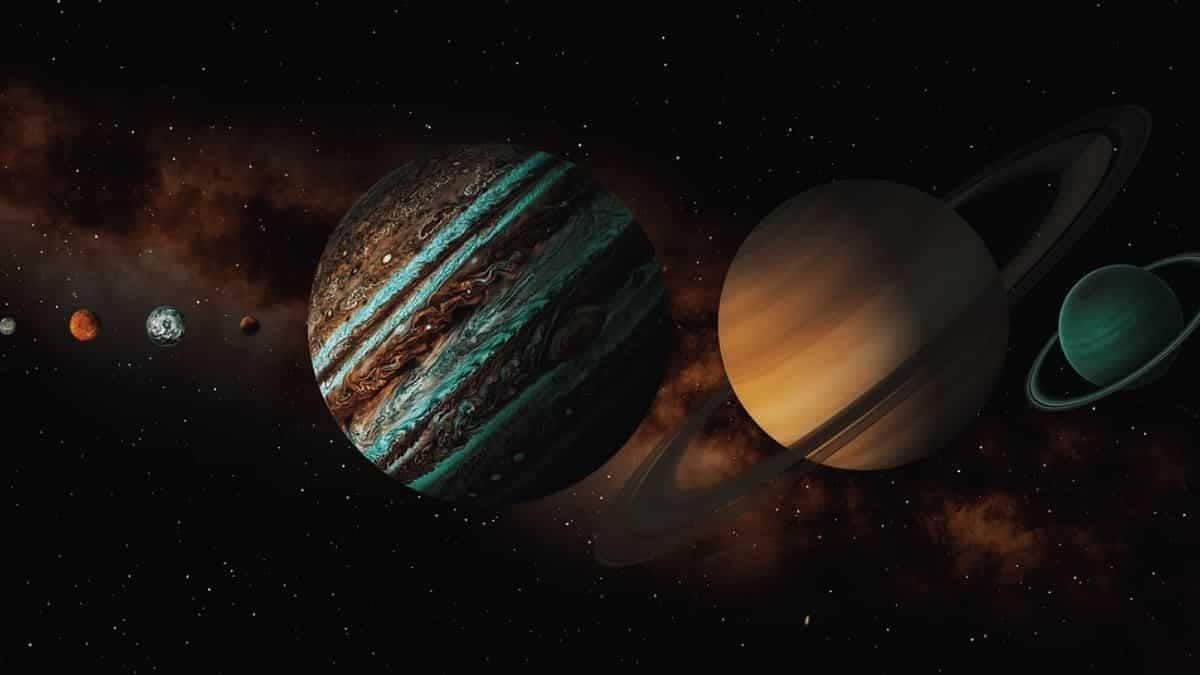Scientists propose new definition of planets, Pluto still remains excluded
Planetary scientists are challenging the International Astronomical Union's 2006 definition of a planet. The current definition, which describes a planet as a celestial body orbiting the Sun in our solar system, is considered outdated and overly Sun-centric by many experts. Jean-Luc Margot, professor at the University of California and lead author of the proposal, states, "The current definition specifically mentions orbiting our sun...the IAU definition applies only to the ones in our solar system."
Proposal expands definition beyond our solar system
The proposed definition, set to be published in the Planetary Science Journal, advocates for a broader understanding of planets. It includes celestial bodies beyond our solar system and introduces quantitative criteria to clarify what constitutes a planet. Margot explains, "We propose a new definition that can be applied to celestial bodies that orbit any star, stellar remnant, or brown dwarf."
It includes quantifiable criterion for planets
The new proposal introduces a quantifiable criterion applicable to planets both inside and outside our solar system. Margot, along with co-authors Brett Gladman and Tony Yang, has developed a mathematical algorithm to understand how objects cluster together in the solar system. Margot notes, "All the planets in our solar system are dynamically dominant... So this property can be included in the definition of planet."
Pluto remains excluded in new planetary definition
Despite the proposed changes to the definition of a planet, Pluto remains excluded. The new definition emphasizes dynamic dominance as the key characteristic of planets — a quality that dwarf planets like Pluto lack. This exclusion continues to uphold IAU's 2006 decision which reclassified Pluto as a dwarf planet. Margot will present the proposed new planetary definition at the IAU General Assembly in August 2024.
